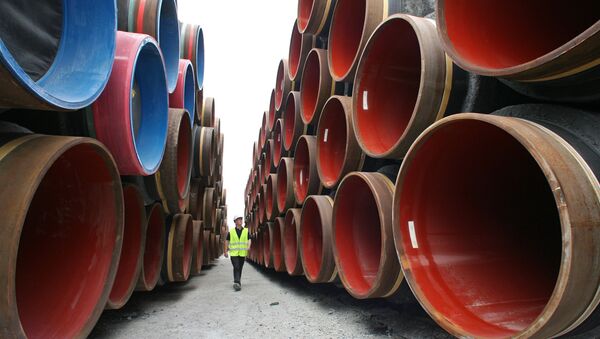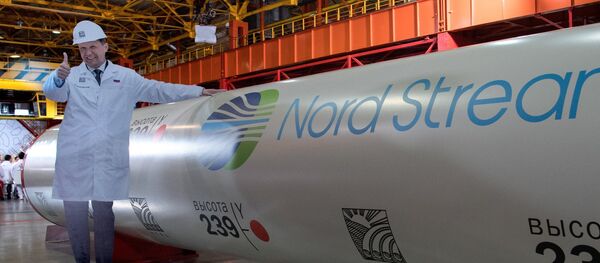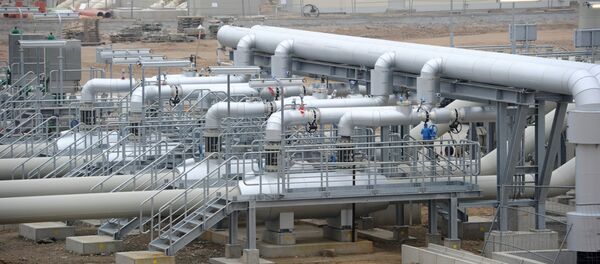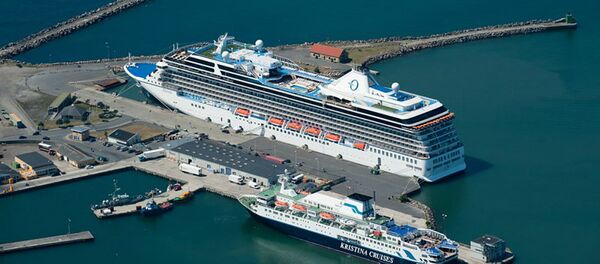An agreement on Nord Stream 2, involving the expansion of the Nord Stream gas pipeline, was signed in early-September 2014, during the Eastern Economic Forum in Russia’s Vladivostok.
The project includes two pipeline strings, with a total capacity of 55 billion cubic meters of gas a year, from Russia to Germany under the Baltic Sea.
"The Danish and Swedish government sent a letter to the European commission asking for an official evaluation of the project. Such a document would enable making a decision [on building Nord Stream 2] on the EU level, without the need for environmental authorization from Denmark and Sweden," the article read.
According to the newspaper, the Danish government does want to find itself in a "difficult situation."
"Denmark has to choose between souring ties with Russia or letting down its partners in Central and Eastern Europe," the article noted.
According to the newspaper, Sweden is currently in the same situation.
"A recent report by the European Commission on a new economic market emphasized the need to diversify energy supplies to Europe. But the document didn’t even mention Nord Stream 2. This is likely to be Europe’s response to the pause by Washington," Solonikov told Radio Sputnik.
According to the analyst, previously, during Barack Obama’s presidency, Brussels followed instructions from Washington which regarded Nord Stream 2 first of all as a political threat.
As for Denmark and Sweden, they are also on standby because they do not want to take on the responsibility, the expert said.
"Since EU institutions are silent, such countries like Denmark and Sweden are in a difficult situation because the pipeline is expected to run via their territories. It is impossible to bypass them. They would like to shift this responsibility on Brussels. If the European Commission said yes the problem would be immediately resolved. The same if Germany pursued its agenda. There are no economic obstacles for a positive outcome. The problem is political," he said.
Ukraine fears that if the Nord Stream 2 is constructed Kiev will lose transit fees for Russian gas exported to Europe. According to Solonnikov, Denmark and Sweden are unlikely to protect Ukraine’s interests, except for under foreign pressure.
"They are not concerned about Ukraine’s problem as a transit country. They are concerned about solidarity within the European Union," Solonnikov concluded.
Never miss a story again — sign up to our Telegram channel and we'll keep you up to speed!




